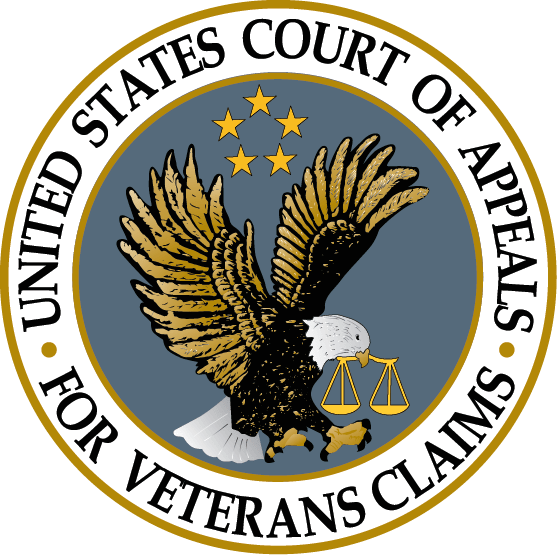
The Importance of VA Appeals
Because of the VA’s size and complexity, it is, unfortunately, common for justified claims to receive less compensation than they deserve or to be denied altogether. One major reason for this is the improper filing of the claim in the first place – for example, not including adequate evidence – by a claimant who can’t quite find their way through the convoluted submission process.
Unfortunately, the appeals process doesn’t prove much simpler when a claimant tries to fix the mistake. Veterans in San Antonio can turn to Stephen Brodsky. He’s well-acquainted with the challenges of VA appeals and personally committed to helping my clients through them.
Why the VA Denies Claims
The VA may deny a benefit claim or give a low disability rating for any number of reasons. Some of the most common, however, include –
- Inadequate medical evidence of a disabling injury or condition
- Inadequate medical opinion from the claimant’s examining physician
- No apparent connection between the claimant’s condition and their past military service.
- No C&P exam, or a “compensation and pension examination,” which may be ordered by the claim evaluator.
Usually, the best strategy to contest an unfavorable decision is to submit new evidence to strengthen your case via an appeal to the Board of Veterans’ Appeals (BVA). You may also try a de novo review: a second look at your claim by a more experienced adjudicator. Although relatively quick and informal, this may not be effective as you cannot submit new evidence.
Bringing an Appeal Before the BVA
You can use the appeal process for several purposes, the most common being 1) to contest a claim that was denied outright or 2) to seek a higher disability rating than what you initially received. But it can also allow you to change the effective date of your benefits, i.e., the time that the VA considers you to have been eligible for benefits, which could then increase the total benefit amount you qualify for.
In all three situations, an appeal to the BVA will likely be most effective. The first step in this process is to submit a Notice of Disagreement with your Regional VA office (RO) – for San Antonio vets, this office is in Houston. Although your RO could respond to the claim directly, in most cases, they will forward it to the BVA.
They will then send you two documents: a Statement of the Case (SOC), which reviews the details of your claim’s current status, and VA Form 9, in which you explain the reasons for your appeal. You must return the completed Form 9 to your RO within 60 days of receiving the SOC. They will then send you a letter confirming their receipt of the form.
Once you receive that letter, you then have 90 days to submit any additional evidence you wish the BVA to consider. Usually, a Veteran’s Law Judge will review your case and return a decision, though you may request an in-person hearing. Be advised, however, that this will likely delay the process. If you are dissatisfied with the BVA’s decision, you also have recourse to the National Court of Appeals for Veterans Claims (CAVC).
Your VA Advocate
Although the prospect of appealing a VA decision can seem daunting, especially after the hassle that you likely went through to submit a claim in the first place, the effort may prove well worth it. If you have served in the armed forces and struggle with ailments or injury as a result, then you deserve to be compensated accordingly.
And it’s important to recognize that you’re not alone. As a disabled veteran myself, Mr Brodsky has both a professional and personal interest in the well-being of San Antonio’s veterans. If you need a legal advocate who is well-versed in the complexities of the VA system, get in touch today.




